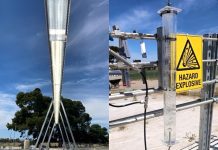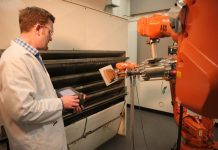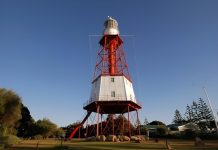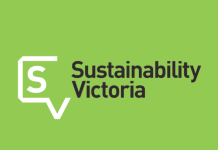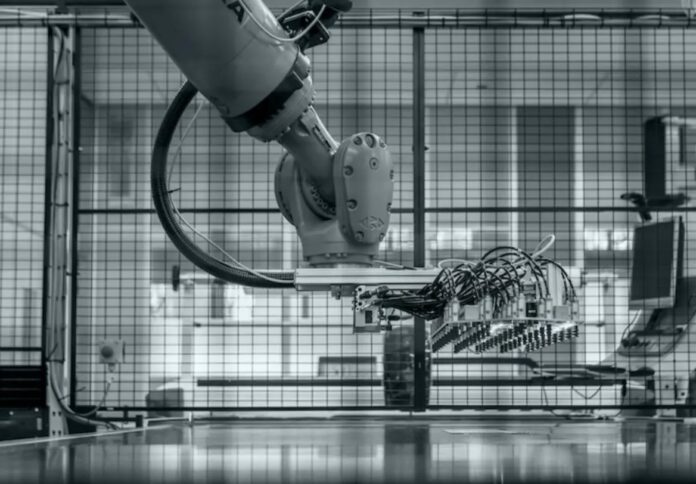
Australian graphene production company Sparc Technologies has provided its June 2023 Quarterly Activities Report sharing continued progress in its graphene products, sodium-ion batteries as well as its research and development initiatives.
In an ASX announcement, the company said Sparc Hydrogen, in a joint venture with the University of Adelaide, Fortescue Future Industries (FFI), and Sparc Technologies, completed the design and began construction of the prototype photocatalytic water splitting (PWS) reactor.
The company said it was able to begin advanced early pilot plant development activities and continued research and development at the University of Adelaide.
Furthermore, a high-power solar simulator was purchased from the United States to help progress laboratory research while designing and developing pilot plants.
During the quarter, Sparc Hydrogen also submitted an expression of interest for grant funding, which would help to accelerate ongoing and planned workstreams.
After the quarter ended, Sparc Hydrogen and the CSIRO signed a Kick-Start agreement for on-sun testing of the PWS reactor at the CSIRO Energy Centre in Newcastle, New South Wales.
According to Sparc’s disclosure to the ASX on 3 March 2023, the prototype testing is scheduled to take place in Q3 of that year.
The primary goals of this effort are to improve the technical readiness level (TRL) of Sparc Hydrogen’s PWS reactor and to offer useful data and information for the upcoming piloting phase.
The real-world testing of Sparc Hydrogen’s reactor prototype is the conclusion of more than 5 years of research and development work by the University of Adelaide and Flinders University.
A successful laboratory proof of concept has been achieved, with numerous lab-scale reactor prototypes developed and tested under simulated sun concentration.
This research has proven that exposing specific photocatalyst materials to intense light and heat improves hydrogen production and efficiency.
Meanwhile, the CSIRO Energy Centre in Newcastle was chosen as the appropriate location for the first on-sun testing of Sparc Hydrogen’s PWS reactor.
The facility houses Australia’s largest solar thermal research hub, consisting of a 30-metre-high solar tower encircled by a 4,000-square-metre field of 451 locally manufactured custom-designed mirrors (heliostats) capable of producing temperatures of up to 1,500 degrees Celsius.
The centre provides a forum for Australian academics to develop, test, and commercialise concentrated solar technologies.
Sparc announced the completion of its ecosparc commercial production facility, and the company can now create commercial quantities of the graphene additive product ecosparc for trials with major coatings firms thanks to the state-of-the-art facility.
The global coatings market, composites, and other uses for graphene additives are among ecosparc’s target markets.
Results of the company’s evaluations with potential global end users are anticipated in the second half of calendar year 23 and the first half of calendar year 24, accordingly.



